Our Nature Curriculum
Our Nature Curriculum
At Barons Court we implement “The Wanderlust Nature Study” curriculum. Children are encouraged to be outside in all weathers and explore the world around them fully. Through providing enabling, cosy and calm environments and exciting stimulus for curiosity the children are encouraged to explore, talk about, investigate and admire the world around them. The Wanderlust curriculum offers a stimulus for learning that children may take in different directions. The staff are highly skilled in adapting learning to follow the ideas of the children and recognise the benefits of having a child-led curriculum in ensuring learning is embedded into long term memory.
We take the children outside into the environment as much as possible. We love to promote curiosity and learning through exploring the environment on our weekly nature walks and investigating the coast on beach days.
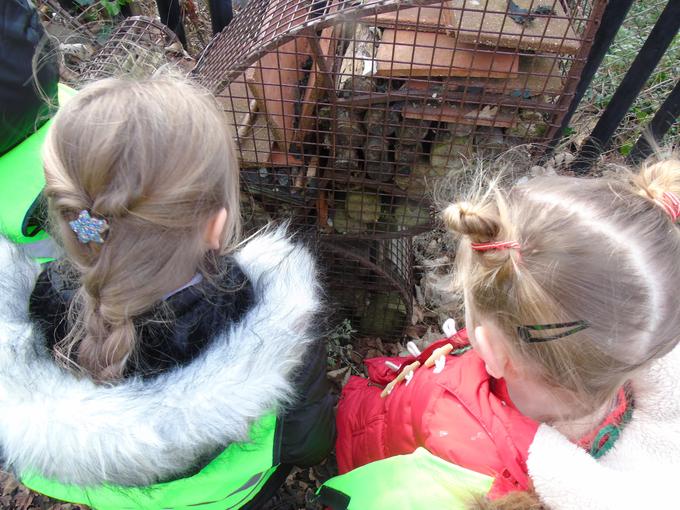
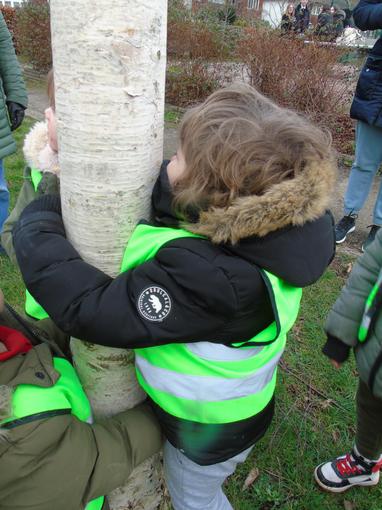

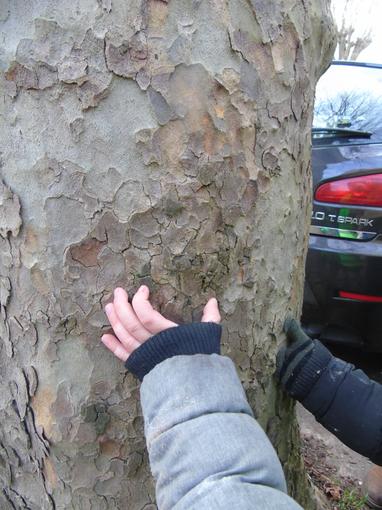
Beach Days
As an extension to all the other learning opportunities that we offer the children within Phase 1 and Phase 2 we have Beach School. Through going to the beach children will gain a sense of value for the natural world as well as a sense of responsibility for their environment. Through these important learning experiences, children will develop confidence, physical and emotional strength and self esteem, as well as use the natural environment to learn about the world around them.
The Phase 1 and Phase 2 teaching teams take a small group of children to the local beach to experience a range of carefully planned activities. During these visits a wide range of stimulating activities take place which enrich children’s learning. Initially children are given time to explore the surrounding environment, priority is given to group discussions regarding boundaries, dangers and safety which are paramount to learning safely. Staff carefully observe how children are learning through their individual interests and will scaffold and plan for their future development, stretching and stimulating curiosity.
We want our children to:
- Feel safe, secure and happy in the outdoor environment.
- Develop a sense of care and thoughtfulness for their environment.
- Become confident, independent and strong, and have time to develop their exploratory and creative drive.
- Be inquisitive, to ask questions and find their own answers and create their own meaning.
‘This is the best kind of classroom,
Where the seasons don’t happen in books,
Where the learning is watching and thinking and talking,
And everyone notices, everyone looks.’ Ian MacMillan
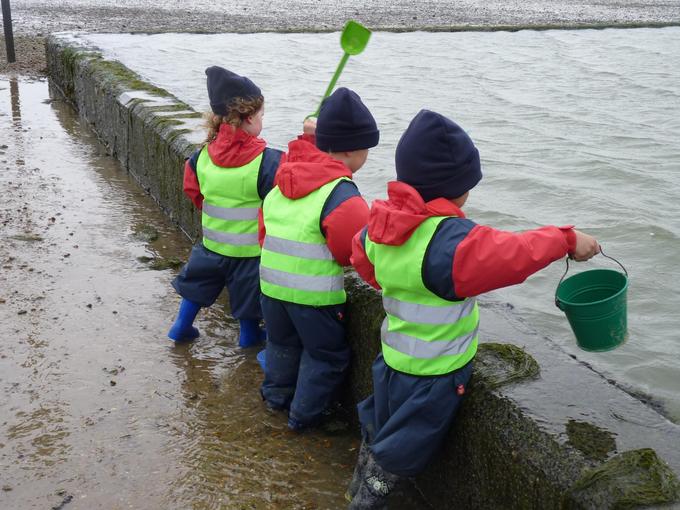
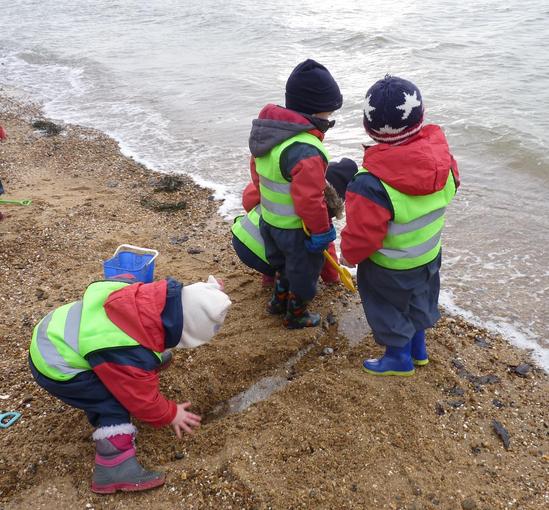
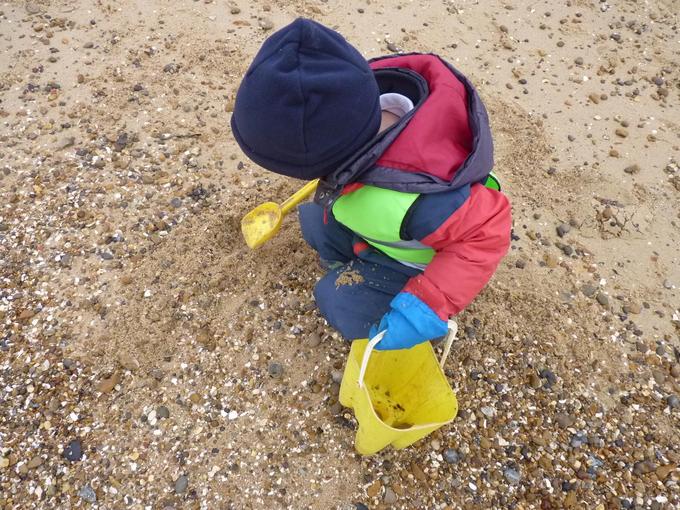
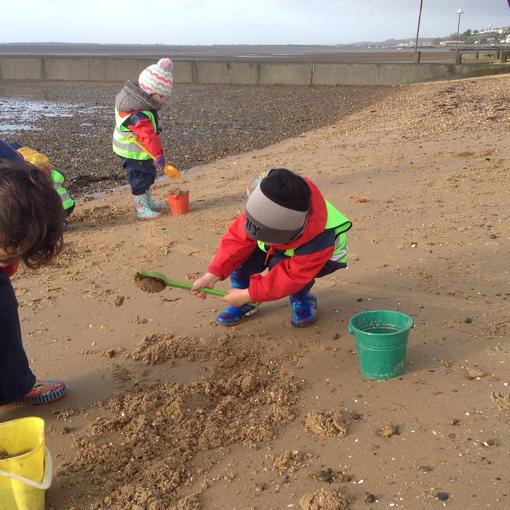
Learning and Development
Children are born ready, able and eager to learn. They actively reach out to interact with other people and in the world around them. Development, however, is not an automatic process. It depends on each unique child having opportunities to interact in positive relationships and enabling environments.
At Barons Court we acknowledge that children learn and develop in different ways. We value all areas of learning and development equally and understand that they are inter-connected. Our Early Years team aim to meet individual children’s needs by:
• Ensuring challenging, playful opportunities across the prime and specific areas of learning and development.
• Fostering the Characteristics of Effective Learning; Playing and Exploring, Active Learning and Creating and Thinking critically.
The ways in which each child engages with other people and their environment – playing and exploring, active learning, and creating and thinking critically – underpin learning and development across all areas of early child development and support each child to remain an effective and motivated learner.
The Characteristics of Effective Learning are:
- Playing and Exploring – Engagement - This is crucial for learning. It is by exploring and playing that children develop their thinking skills, their communication skills and their imagination.
- Active Learning – Motivation - Children need to be actively involved in the process of learning, so hands on learning is essential. Children should have the opportunity to learn both indoors and outdoors. The use of the outdoor environment is important to connect with nature, get the exercise they need, build their confidence and resilience and ultimately have fun. When they are actively learning they are involved and concentrating, they persevere and enjoy achieving what they set out to do.
- Creating and Thinking Critically – Thinking - Children need to have the opportunity to develop their own ideas, make links and choose ways to do things. Open ended opportunities will support children to develop their thinking skills.
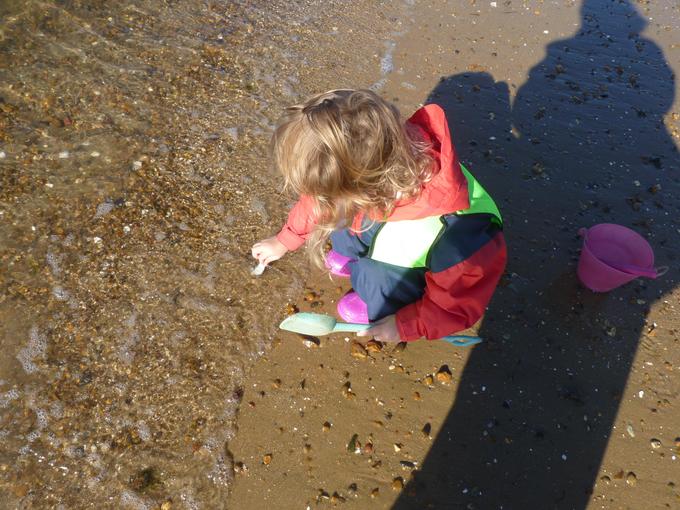
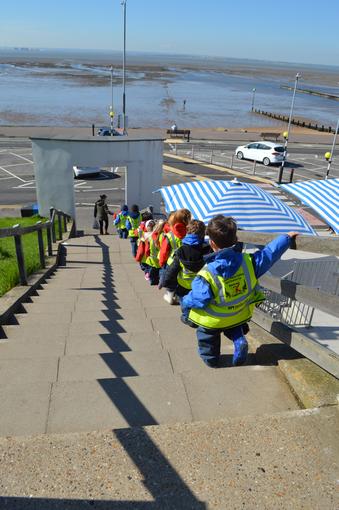
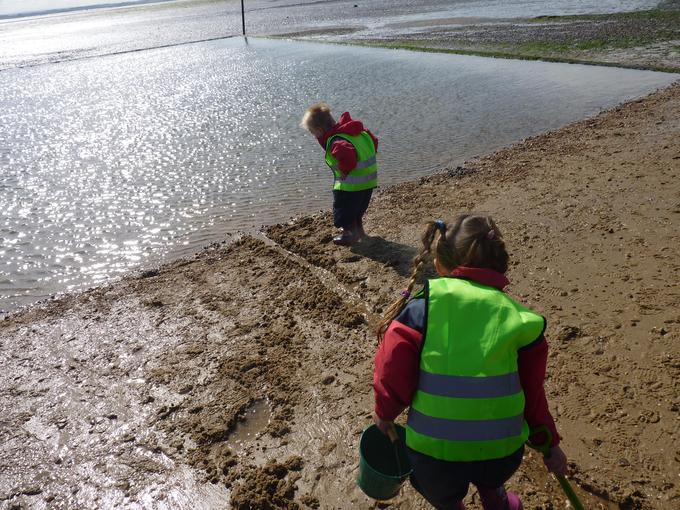
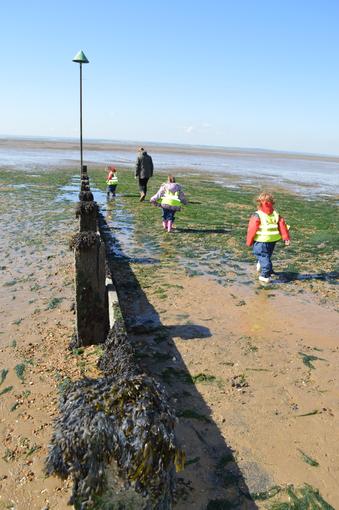
The Early Years Foundation Stage Areas of Learning
The Prime Areas
The Prime Areas are fundamental, work together, and move through to support development in all other areas. The Prime Areas are:
- Personal, Social and Emotional Development - Making relationships and getting along with other children and adults is so important. As is having confidence and self-awareness, and being able to manage their feelings and behaviour.
- Communication and Language - Children need opportunities to develop and extend their vocabulary and to express themselves clearly as well as develop good listening and attention skills.
- Physical Development - Opportunities need to develop large and small movements in a variety of ways, having good control and co-ordination, handling different tools and equipment well. It also covers health and self-care, looking at ways to keep healthy and safe.
The prime areas begin to develop quickly in response to relationships and experiences, and interconnect and support learning in all other areas. The prime areas continue to be fundamental throughout the EYFS.
The Specific Areas
The Specific Areas include essential skills and knowledge for children to participate successfully in society. The specific areas are:
- Literacy - Stories, rhymes, books and reading as well as mark making/writing.
- Mathematics - Numbers, counting, shape, space and measure, sequencing, patterning and problem solving.
- Understanding the World - People and communities, children understand about the world they live in, including ICT.
- Expressive Arts and Design - Develops different forms of expression, exploring music, dance and song, encouraging children to be creative in all respects. It also focuses on media and materials and imaginative/pretend play.
The specific areas include essential skills and knowledge. They grow out of the prime areas, and provide important contexts for learning. Children develop in the context of relationships and the environment around them. This is unique to each family, and reflects individual communities and cultures.
'Play is the highest expression of human development in childhood for it alone is the free expression of what is in a child's soul.' Friedrich Froebel
Play is an important aspect of our provision within Phase 1 and Phase 2. It provides opportunities for children to develop speech and language abilities as well as practice listening skills. Play promotes social interaction and competence. Imaginative play and role playing are particularly powerful kinds of play that help the brain develop in more functional and positive ways. As well as unstructured free play and structured play, we deliver adult led activities to develop specific skills.
 Skip to main content
Skip to main content
